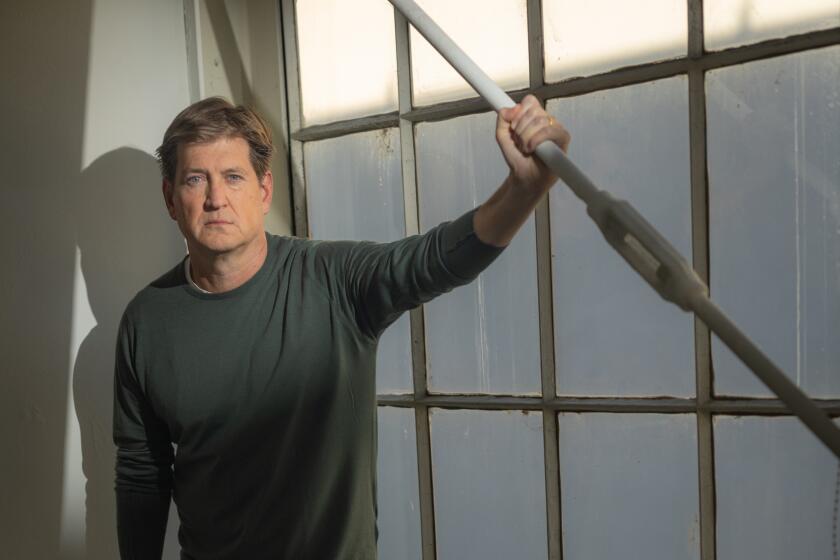Composer Wins $305,000 Award
“One thing I want to do is not be teaching,” said composer John Harbison, 50, from Cambridge, Mass. The professor of music at MIT as well as conductor and performer had just learned he was awarded a MacArthur Foundation grant of $305,000 to be used over the course of the next five years.
Harbison, who served as the composer in residence with the Los Angeles Philharmonic from 1985-1988, is happy to put both his teaching and his commissioned works on the back burner as he explores options opened by the no-strings-attached grant.
“One of my ideas is to compose for ensembles that are not of the standard size. For instance, in 1981 I wrote a song cycle of 55 minutes entitled “Mottetti di Montale” which was performed by the Santa Fe Chamber Orchestra.”
The composer’s currently entertaining ideas as diverse as writing a piece for the big band of the 1930s and a score for a rock ensemble. Of the latter project Harbison says: “I’m intrigued by the instruments. I hear sounds for them that are not always played on rock albums. I’d like to see the piece played at all different volume levels.” Harbison admits that at rock concerts “It’s all about the same loud.” His concept of the rock ensemble is really more in keeping with the style of chamber music, the string quartet.
In terms of the grant’s five-year time allotment, Harbison breaks down the working time as follows. “If I were to take on an opera, which is something I’d like to do, that alone would take 2 years without having to do much else.”
And in terms of pieces of a smaller duration? “A 20-minute piece still takes at least 3 to 4 months.”
Before receiving the grant, Harbison’s composing time was limited to summers mainly and just six weeks in the winter. He looks forward to this uninterrupted and extended time block but adds that “composing the entire year is too much.” Ideally he’ll take 2 months a year to do something else, whether it’s conducting or playing.
And when the grant is up? He’ll probably continue to teach at MIT on a limited basis throughout the 5-year term because, “eventually I’ll come out of this great windfall and I’ll be without hospitalization etc. It’s difficult to be that practical right now, but it is a factor.”
The musician puts it eloquently when he says; “It’s like that old dream when you wake up in the morning and tell everybody to chuck it. Unfortunately I don’t know if I can do that,” he says wistfully, speaking of the fact that he’d like to retire when the grant ends.
Harbison describes his years in Los Angeles as “just a very musically exciting time for me. I worked with the New Music Group a good deal; got to know the city well; and was able to celebrate with friends there when I was awarded the Pulitzer prize in 1987.”
More to Read
The biggest entertainment stories
Get our big stories about Hollywood, film, television, music, arts, culture and more right in your inbox as soon as they publish.
You may occasionally receive promotional content from the Los Angeles Times.










